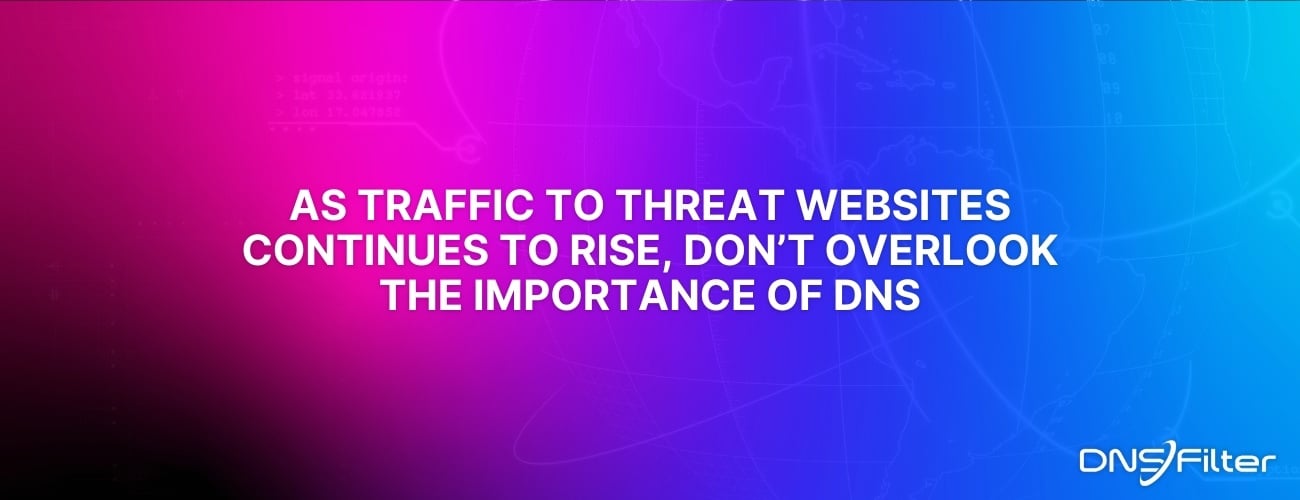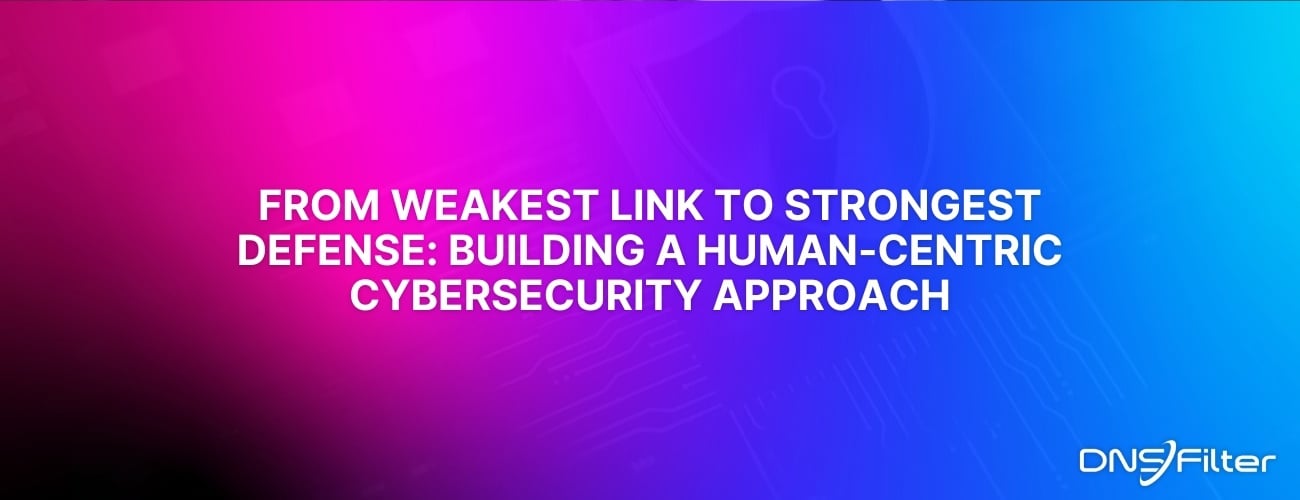Share this
12 Companies That Only Require You To Work 4 Days A Week
by DNSFilter Team on Mar 11, 2022 12:00:00 AM
In response, some companies are rethinking the standard five-day workweek — testing out, and in some cases, fully embracing, a four-day workweek.
As you might guess, employees are all about this idea, with one survey reporting that 98% of respondents believe a four-day workweek would improve their mental health and 97% saying that they'd be more productive.
To get that four-day workweek, most employees say they're willing to put in four, 10-hour days — but that may not be necessary. Some companies (including several below), are offering standard, eight-hour work days and four-day workweeks, only requiring employees to work a total of 32 hours a week.
“In today’s changing work landscape, it’s no surprise shorter workweeks are getting so much attention,” said FlexJobs Career Development Manager Brie Reynolds in a press release. “When we think about the future of work, this sentiment signals the importance of healthy work-life balance and the role job flexibility plays in achieving it."
These 12 companies, which also happen to hire remote workers, are leading the charge:
- DNSFilter has long hired for remote roles, like digital marketing specialist and sales operations manager, to help run the company, which offers cloud-based web-content filtering and threat protection. DNSFilter has also tested, and now implemented, a rotating four-day workweek where team members get every other Friday off.
- Buffer, a social media management and software company, may be headquartered in San Francisco, but they also hire remote. Early on in the pandemic (May 2020), they started offering employees a four-day workweek, and almost two years later, 91% of team members say they're happier and more productive.
- ThreadUp. This online clothing-exchange community has recently hired a remote revenue manager and a VP of people operations and total rewards. In addition to flexible PTO and competitive salaries, thredUp started offering a four-day workweek in 2021 and hasn't looked back.
Share this
Categories
 As Traffic to Threat Websites Continues to Rise, Don’t Overlook the Importance of DNS
As Traffic to Threat Websites Continues to Rise, Don’t Overlook the Importance of DNS
At the scale of the Internet, threats are relentless. Domain Name System (DNS) technology is over 40 years old, but it remains just as relevant today—if not more so—to help organizations stay secure from malicious threats. What most people don’t know is that more than 70% of attacks involve the DNS layer. Every malicious request blocked represents a real attack prevented, real harm avoided, and real people protected. This underscores the power of...
 Scammers using AI to create fake IRS sites. Here's other scams to watch out for.
Scammers using AI to create fake IRS sites. Here's other scams to watch out for.
Cybersecurity experts expect a significant surge in tax-related scams in the final month before Tax Day.
 From Weakest Link to Strongest Defense: Building a Human-Centric Cybersecurity Approach
From Weakest Link to Strongest Defense: Building a Human-Centric Cybersecurity Approach
There's a contradiction in cybersecurity: humans can be both the weakest link and the strongest. For instance, humans are highly susceptible to deception. This is an age-old problem; look no further than the Trojan Horse of Greek lore or the Ghost Army of World War II. In the latter case, Allied forces created inflatable tanks and faked radio traffic, among other deceptive tactics across Europe, to confuse, distract and divert enemy forces and sa...


